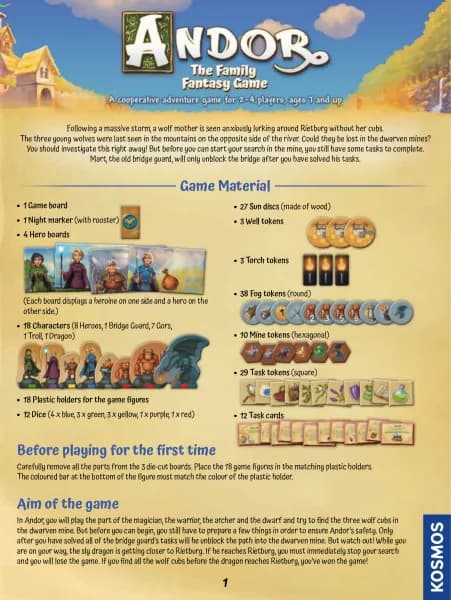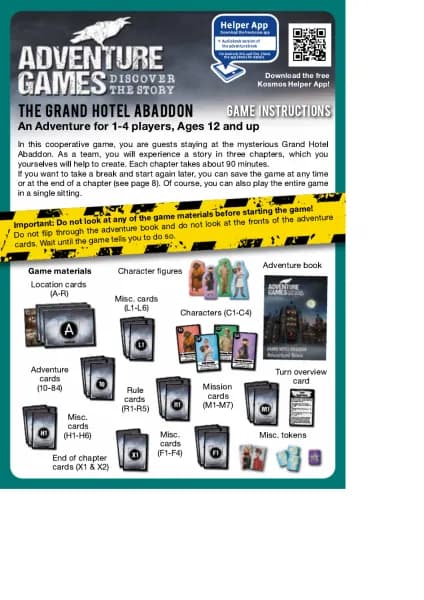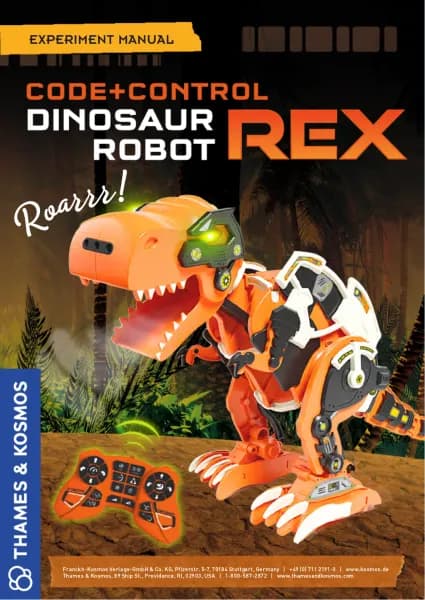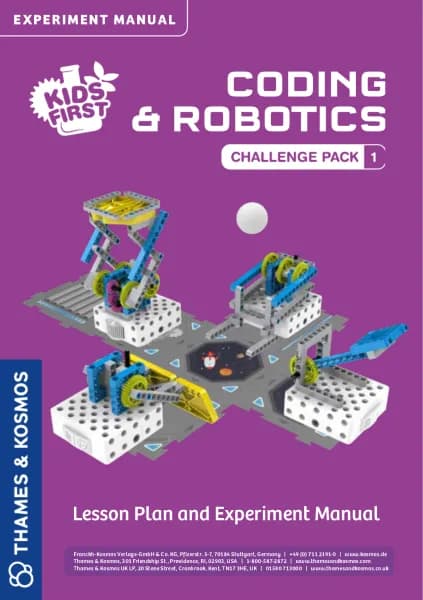Thames & Kosmos Green Engineering: Clean Energy & Sustainable Living handleiding
Handleiding
Je bekijkt pagina 21 van 36

3
T
T TRmEt sIp Ow ThE
tPeTu lOInG E Oc iN 5°
iReNt I Tw BlKs R colored, H
tPeTu i In EtEn. i TEe LoS
a cOrE
, He IdE Oc I t
aUa TeErU
.
EXPERIMENT 4
: HEATING THE HOUSE
1919
Heating the
house
You will need
– Assembled model house
– Charged batteries in battery station
– Water pump and climate control module
– Shallow bowl or dish
– Warm water
Here’s how
1. To operate the water pump, it must be
completely submerged in water.
Important: Test the pump without putting
the hose in the water by plugging it into
port 3 on the battery station.
2. For this experiment, you need a
temperature difference between the water
and the ambient air. Therefore, fill the
bowl with very warm tap water.
Important: Have an adult help you, and be
careful not to scald yourself. Make sure
that the other electronic parts and the
cardboard parts of the house do not come
into contact with the water.
3. Put the water pump into the bowl of warm
water. Put the open end of the hose in the
water or fix the hose to the bowl so that
the water runs into the bowl.
4. Plug the water pump cable into port 3
on the battery station. If the pump is
unable to pump the water through the
entire hose, recharge the batteries in the
battery station.
5. Observe the thermometer strip.
1
4
You can see a rise in temperature on the thermometer strip. The
warm water that is pumped through the hose heats the climate
control module and the surrounding air. In very simplified terms, a
classic heating system also works according to this principle: water is
heated and pumped in a circuit through pipes, which then heat the
living spaces. These pipes run in radiators or, in the case of
underfloor heating, in the floor.
In your experiment, the water was already warm. In real heating
systems, the water in the heating circuit has to be heated: this can be
done, for example, by burning heating oil, gas, or wood pellets.
However, fossil fuels such as gas or oil are not renewable, and they
also release greenhouse gases. This drives climate change. Therefore,
renewable energy sources such as biogas or wood pellets — or even
completely dierent heating technologies such as heat pumps or
geothermal heat — are sometimes used today.
Heating and Cooling
W
H
a
’
S
H
p
E
I
n
G
?
Bekijk gratis de handleiding van Thames & Kosmos Green Engineering: Clean Energy & Sustainable Living, stel vragen en lees de antwoorden op veelvoorkomende problemen, of gebruik onze assistent om sneller informatie in de handleiding te vinden of uitleg te krijgen over specifieke functies.
Productinformatie
| Merk | Thames & Kosmos |
| Model | Green Engineering: Clean Energy & Sustainable Living |
| Categorie | Niet gecategoriseerd |
| Taal | Nederlands |
| Grootte | 33452 MB |







